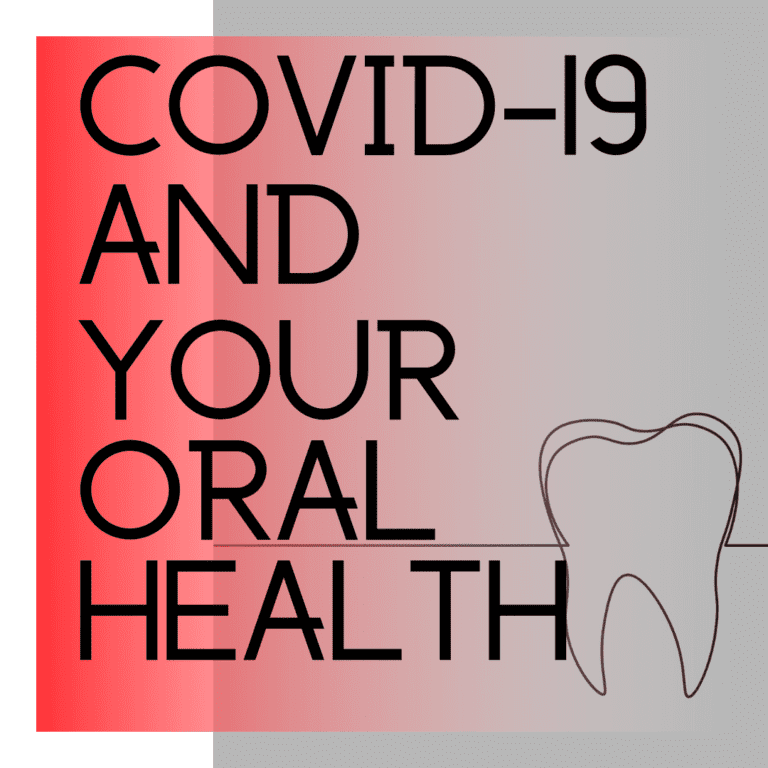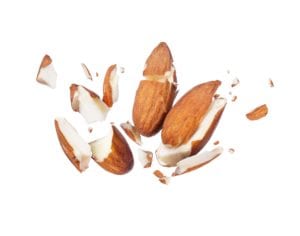COVID-19 and Your Oral Health

Due to the unfortunate emergence of SARS-CoV-2 virus, more commonly known as Coronavirus or Covid-19, there have been significant and immediate changes throughout the nation as people are told to practice social distancing as a preventative measure. Certain states have even implemented various orders for residents to remain in their homes and only leave when necessary. This raises the question of whether or not dental services are deemed as necessary under this brief period of social distancing.
On April 1st, 2020, the American Dental Association issued a formal recommendation for dentists across the country. Unfortunately, the recommendation was no April Fools joke and is being taken seriously by various dental practices. The recommendation states that it is advised for all dental practices to temporarily suspend all procedures, with the exception of those that are urgent or emergency services, until April 30th, 2020 at the earliest.
Because of this recommendation, it is likely that your local dental office is closed and preventative appointments, like teeth cleanings, have been cancelled. However, this does not mean that oral care is on a temporary hiatus. During this period of social distancing, here are some guidelines for your oral health:
Preserving Your Oral Health
One of the best things you can do during this time is to preserve your oral health by maintaining proper oral hygiene and preventing potential dental emergencies. Brushing your teeth twice a day with a soft bristled toothbrush and fluoridated toothpaste, as well as flossing daily helps to remove excess plaque from the surface of your teeth. This decreases the amount of decay-causing bacteria in your mouth and reduces the risk of developing dental cavities.

Another way to prevent dental cavities is to manage the amount of sugar you consume. While sweet treats may provide comfort during this time, it is important to remember not to overdo it. This is because decay-causing bacteria feed on sugars, which can increase their population and your risk of tooth decay. Therefore, be sure to monitor your intake of sweet treats, carbs, and sodas.
Finally, you will want to preserve your oral health by taking steps to prevent potential dental emergencies. The easiest way to prevent a dental emergency is to only use your teeth for biting and chewing food. Activities like nail biting, chewing on ice or other objects, and using your teeth as a tool to open or tear things besides food can all result in accidentally cracking or chipping a tooth. Additionally, trying to chew or bite into foods that are very hard, crunchy, chewy, or sticky can also cause damage to your teeth.
What to do in the Case of a Dental Emergency
Nevertheless, sometimes dental emergencies can occur despite our best efforts. Some dental emergencies, like a chipped tooth, are immediately obvious. However other dental emergencies, like a pulp infection or even a fractured tooth, can be harder to spot. Therefore, if you are experiencing sudden, severe, or progressive tooth pain, this can be a sign of a potential dental emergency. Other possible indications include tooth sensitivity to hot and cold, swelling or discharge in the gums, or a discolored tooth. If you believe you or a family member is experiencing a dental emergency, call our Bethesda office for emergency assistance.






Recent Comments